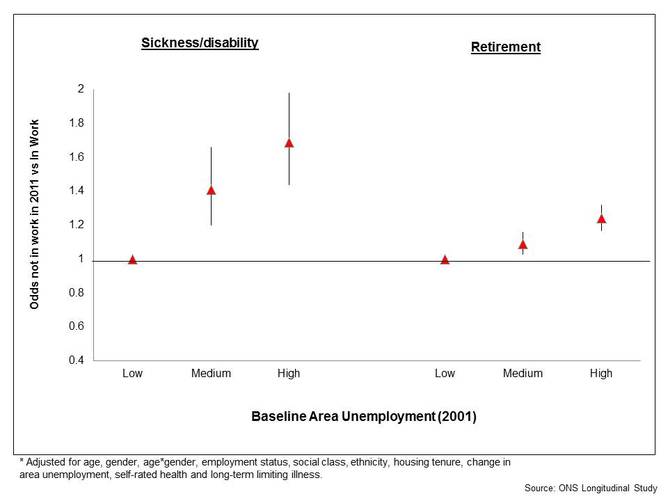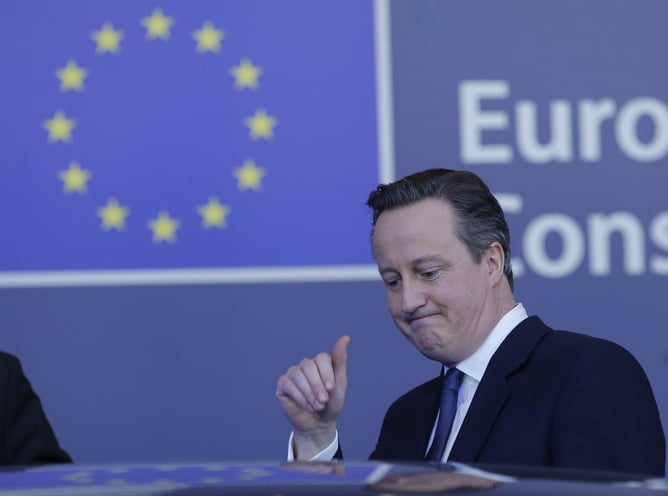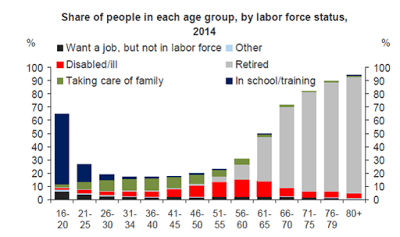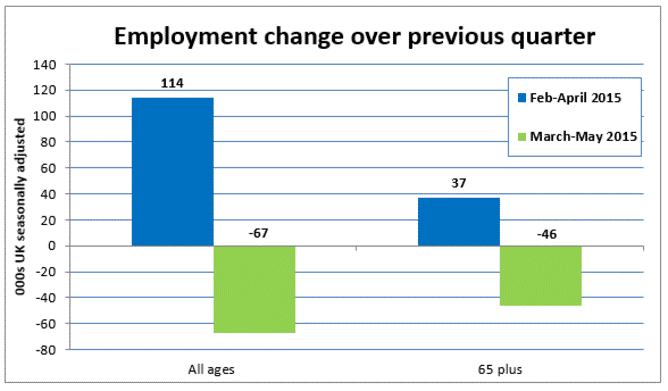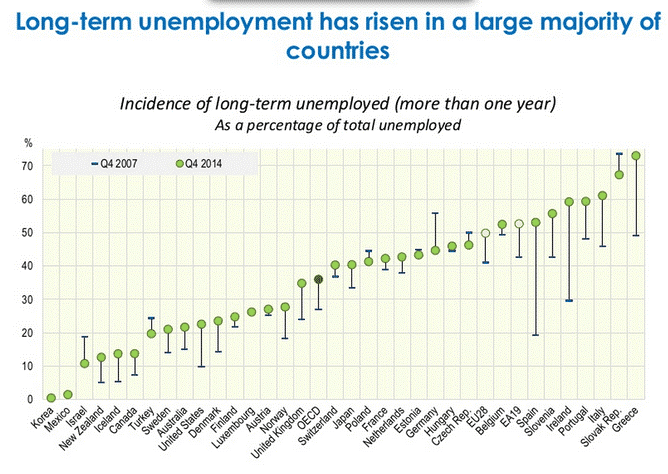Who to Blame for Economic Inequality?
Economic inequality is now firmly on the public agenda as candidates and voters alike look for someone to blame for stagnant wages, entrenched poverty and a widening gap between rich and poor.
Bernie Sanders blames Wall Street. Donald Trump points his finger at companies moving overseas. Hillary Clinton identifies middle-class families who are working harder but staying in place as the root cause.


